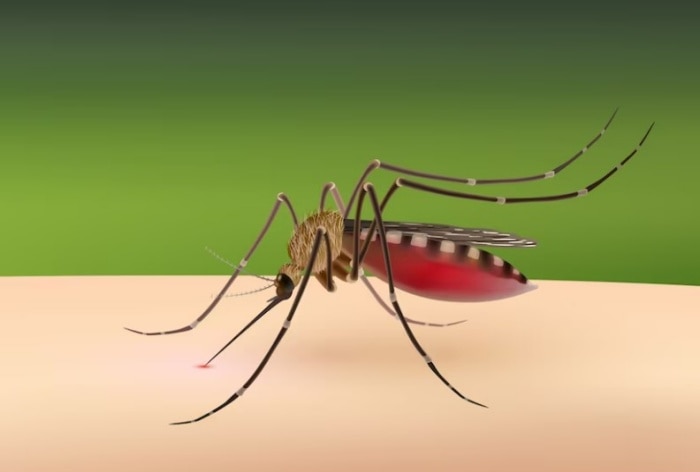A new strain has been found that is reportedly driving the uptick in the number of cases of dengue in the national capital.
The national capital is witnessing an uptick in the number of cases of dengue. Every monsoon entails a surge in dengue, malaria and other water-borne diseases but this time there is an exponential increase in monsoon infections due to incessant rainfall and waterlogging in Delhi. But, a new strain has been found on the majority of cases of dengue this year. The upsurge in being attributed to DENV-2. According to the World Health Organisation (WHO), Dengue is a viral infection caused by the dengue virus (DENV), transmitted to humans through the bite of infected mosquitoes. About half of the world’s population is now at risk of dengue with an estimated 100–400 million infections occurring yearly.
According to a report by the government, 19 out of 20 samples are sent for genome sequencing and are positive for DENV-2.
IS THE NEW DENGUE STRAIN CONCERNING?
Doctors have surely expressed their concerns and attribute the new strain as dangerous. There are four dengue virus – DENV-1, DENV-2, DENV-3, and DENV-4. But among these DENV-2 is the one causing the rise in cases this year and is the most severe one too It is said that in severe cases, it may even cause dengue haemorrhagic fever.
As per experts, DENV-2 can also lead to dengue shock syndrome or multi-organ failure. The risk of complication are slightly higher if infected with this new strain. While there have been no fatalities of haemorrhagic fever so far, doctors have advised staying cautious because it is a severe strain.
DENGUE FEVER SYMPTOMS AND PREVENTION
- High Fever
- Nausea
- Vomitting
- Pain behind eyes
- Joint pain
- Persistent headache
Prevention Tips:
- Wear full sleeves clothes and lowers
- MAintain proper hygiene
- Keep surroundings clear
- Do not allow water to stagnate
- Wear mosquito repellants
- Eat immunity-boosting food
- Stay hydrated
Apart from dengue, the national capital is also witnessing an increase in conjunctivitis, especially in children. This monsoon has been tough for the capital with flooding and increase in infection rate.
Published Date: August 2, 2023 10:52 AM IST
–>
–>


